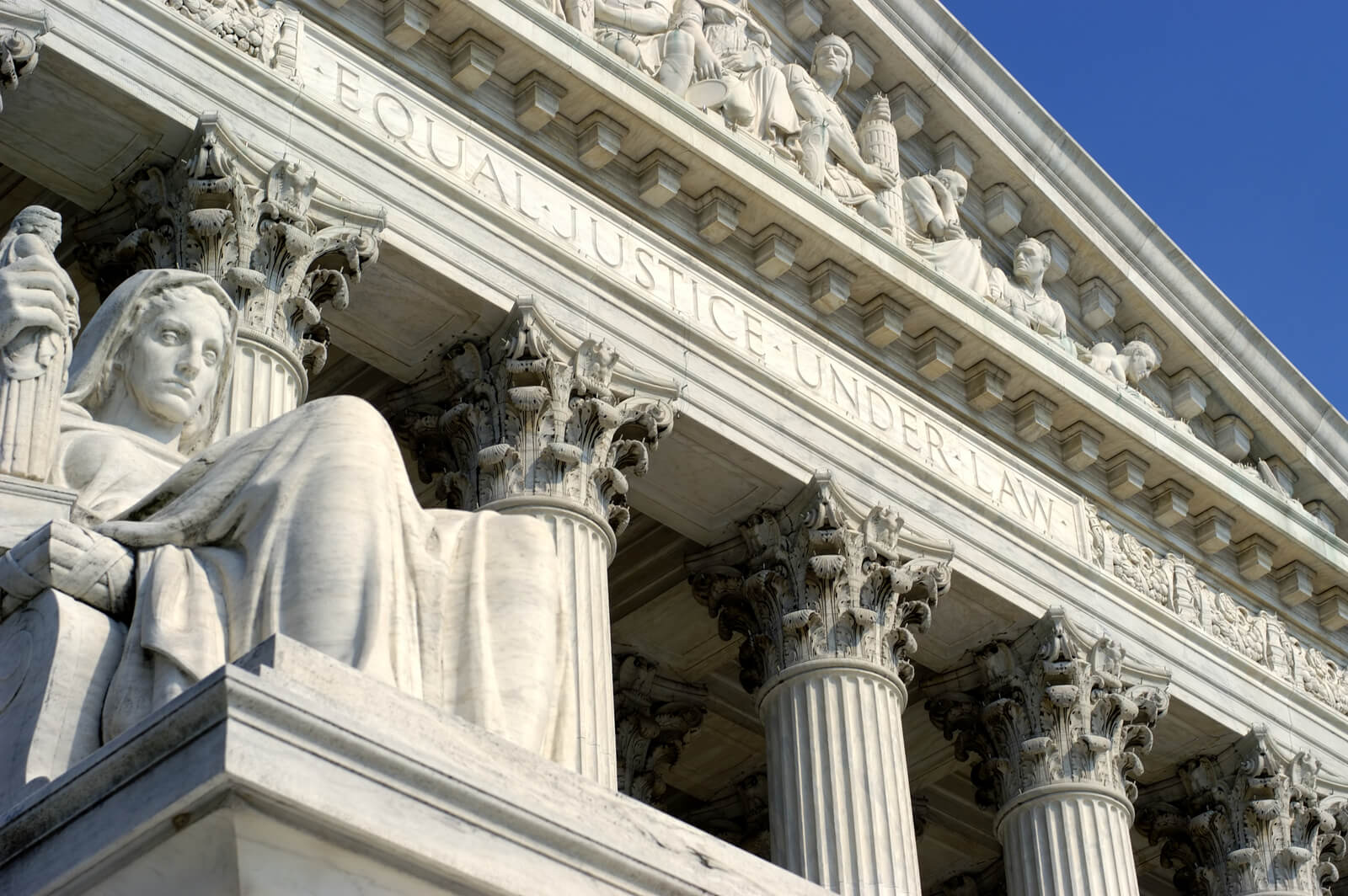Filing for bankruptcy may not affect only your financial affairs. While your debt, and obligation to pay it, may be discharged, a cosigner on a loan may still be responsible for it. That means a creditor or lender may still pursue collections actions on your cosigner or joint account holder. So, just how do you protect a co-signer in a bankruptcy proceeding? Your Los Angeles bankruptcy attorney can help you here, but first read our overview of where co-signers may stand in different types of bankruptcy.
Responsibilities of a Cosigner or Guarantor
A cosigner’s responsibility to make payments is the same as yours. If you can’t make monthly payments, they can step in. Lenders may be more likely to issue a loan to a first-time borrower, someone with bad credit, or who opens a new business if they have a cosigner or guarantor. Such is the case with creditors, especially when they doubt your ability to repay a debt, if you have little credit history, have filed for bankruptcy, can’t put up collateral to secure a loan, or want to borrow more than you can afford to repay.
The difference between a guarantor and a cosigner is the guarantor is liable only if you (the borrower) fail to make payments. Oftentimes, creditors will pursue the primary borrower first before the guarantor. If the borrower can’t pay off the loan, the guarantor must do so (possibly the entire balance).
But when you file for Chapter 7 or Chapter 13 bankruptcy, only your obligation to pay discharged debts is removed, not your cosigners or guarantors. However, there are steps you can take to protect them.
Chapter 7 Bankruptcy
Chapter 7 bankruptcy provides no protection for cosigners and guarantors. While it places an automatic stay on collection activities against you, this doesn’t extend to them. That means creditors are free to collect debts from a cosigner/guarantor. To protect them, you need to:
- Reaffirm the debt: By signing a new agreement with the lender of, for example, a mortgage or car loan, you become personally liable. Any discharge of debt will not apply. This can be a hard decision; it waives the benefits of filing for bankruptcy yet can protect your cosigners/guarantors from creditors.
- Pay off your debt: Even if after a discharge, voluntarily paying off a debt will protect others on your account. It’s still possible for a cosigner to step in and make payments. However, creditors may still pressure guarantors who are able to pay the debt in full, so might not be willing to make arrangements without a lump sum payment.
Chapter 13 Bankruptcy
Cosigners and joint account holders can be protected under a Chapter 13 bankruptcy payment plan. A codebtor stay goes into effect. Therefore, creditors cannot pursue them for collections on consumer debts without permission from the court. A lift of the automatic stay may be requested if:
- The primary benefit or consideration from the creditor’s loan went to the cosigner or guarantor.
- You don’t propose to pay the cosigned debt under the 3- to 5-year Chapter 13 repayment plan.
- The automatic stay will cause the creditor to lose money or suffer irreparable harm.
Contact OakTree Law for Help
When it comes to managing your financial situation, there are many options. Our Los Angeles and Orange County bankruptcy attorney can explain your options and provide the right bankruptcy services. To find out what is best for you, your cosigners, or guarantors, contact us today online or at 562-219-2979 for a free evaluation.







